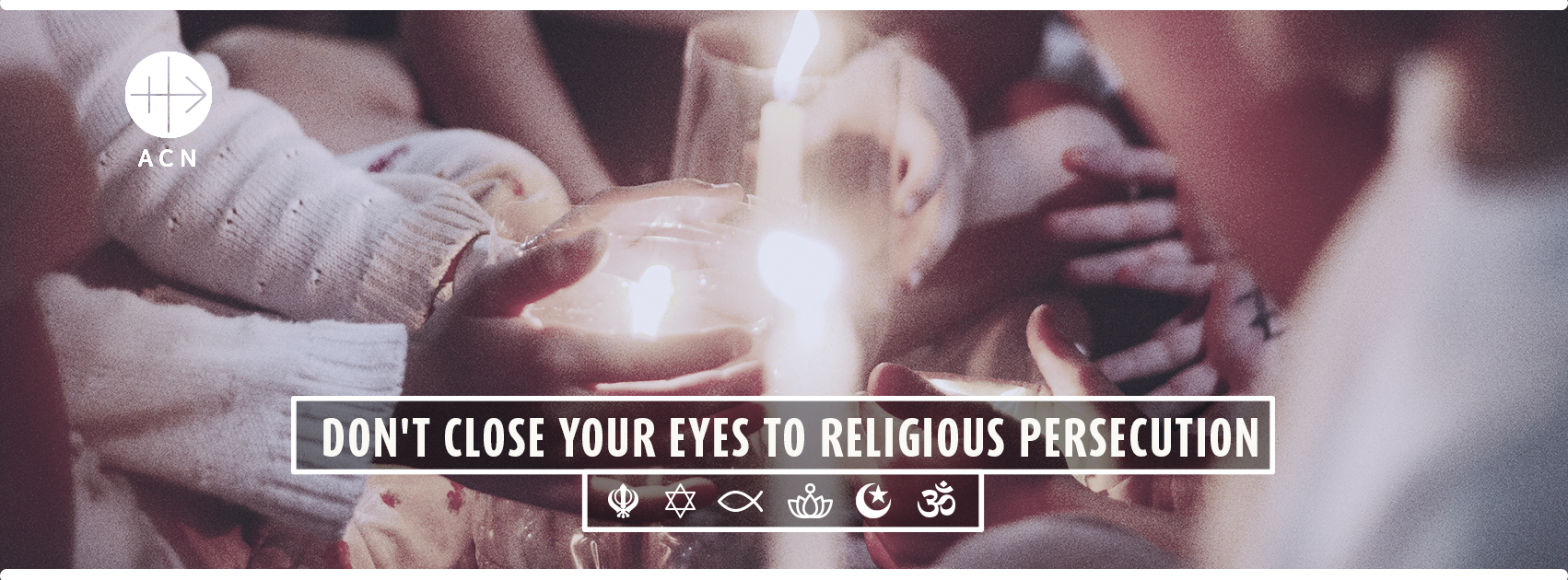-

-
The 22nd of August has been officially recognized by the United Nations General Assembly as the International Day Commemorating the Victims of Acts of Violence Based on Religion or Belief. This was the result of a resolution passed on Tuesday, 28th May 2019 as tabled by Poland with the support of the United States, Canada, Brazil, Egypt, Iraq, Jordan, Nigeria and Pakistan.
Aid to the Church in Need (ACN), an International Catholic charitable Pontifical Foundation serving the suffering and persecuted Christians for over 70 years, welcomes this resolution as a first step towards drawing greater attention to the under recognized tragedy of religious persecution – particularly that of violence against Christians, to date the largest faith group experiencing persecution for religious belief.
This comes against the backdrop of a tragic reality as confirmed by research from international religious freedom reports such as those published by the United States Commission on International Religious Freedom (USCIRF), the Pew Research Center, and Aid to the Church in Need; an unprecedented increase in violence against religious believers of virtually every faith on every continent – with Christians suffering the greatest persecution.
Commenting on this development, Aid to the Church in Need’s Director of Public Affairs and Religious Freedom, Mark Riedemann noted that this recognition by the United Nations is an important step, but only a first step and the beginning of a process towards an internationally coordinated action plan by the UN and member states working towards prevention – to end religious persecution.
Riedemann added that an important consideration is the establishment of a dedicated UN platform to which, for example, representatives of the persecuted groups or NGOs working with them, could engage and provide the first-hand information about their situation and the challenges they face.
According to him, these case studies would serve as a basis for recognizing persecution trends, the perpetrators of such atrocities, how they operate, how they are funded, and in so doing help develop a tailored action plan to prevent such acts in the future – or prevent them from escalating to mass atrocities like genocide.
“It is up to states and civil societies to ensure that this symbolic action is turned into a meaningful one. The ultimate aim is to prevent acts of religious persecution in the future”, he said.
ACN continues to draw attention to the plight of the persecuted and oppressed Christians around the world, and provide support to keep the faith and hope alive in such situations. Thanks to the generosity of our benefactors, we fund more than 5,000 projects in some 145 countries every year. As much as the financial support is necessary, so too is the awareness about the suffering of these Christians, so that their cries do not go unheard, and their suffering does not go unrecognised.





